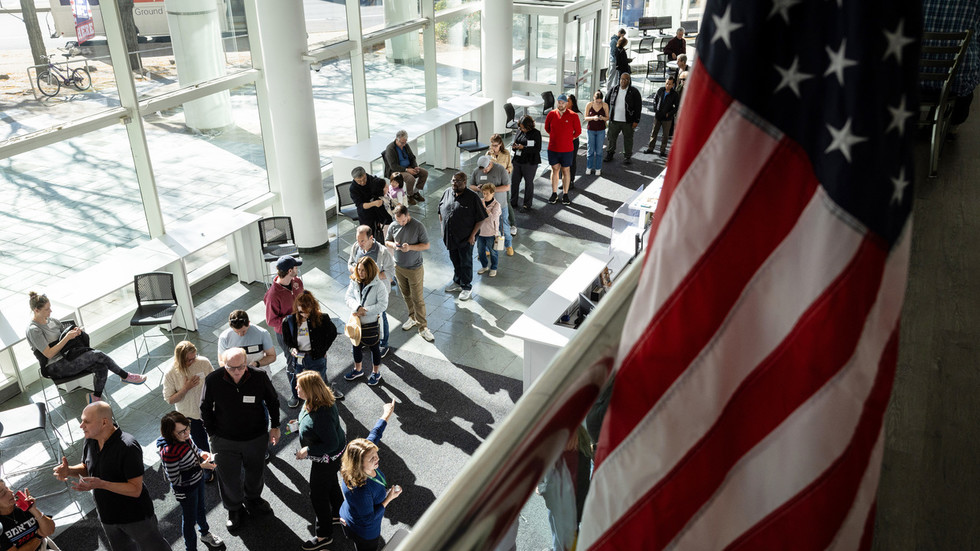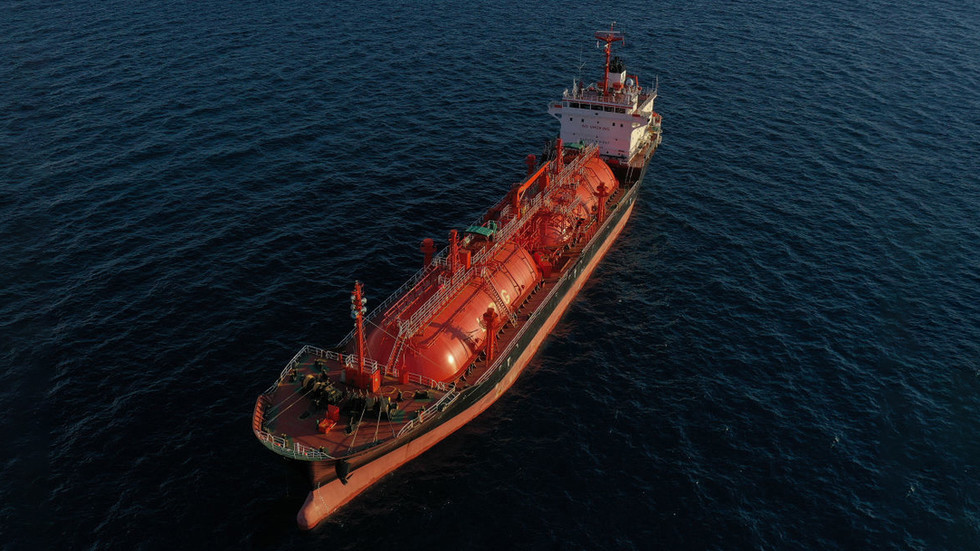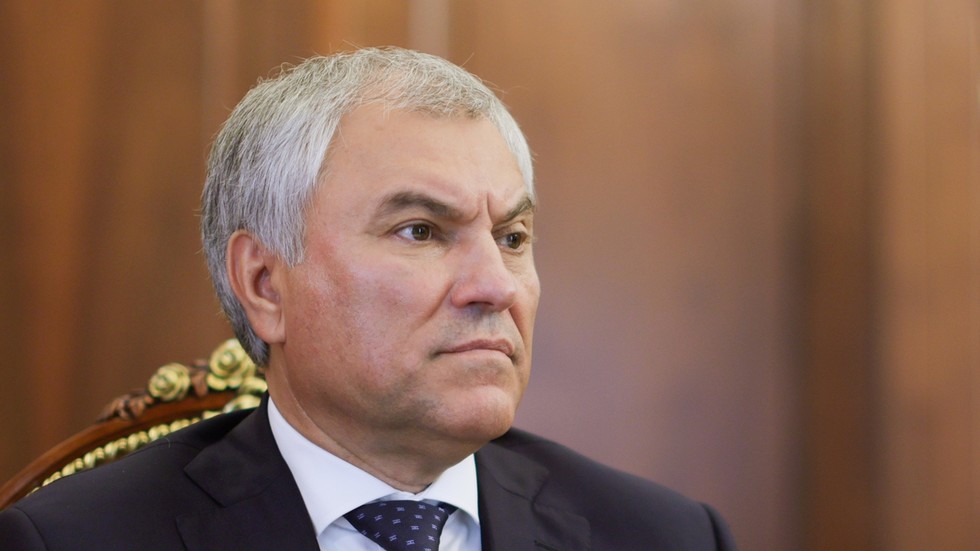Paris has deployed around 3,000 gendarmes, police and other security forces to the archipelago since the violence began on 13 May.
French President Emmanuel Macron urged Thursday the removal of protesters' barricades in riot-hit New Caledonia. He also announced he would send police forces to help battle deadly unrest in the French Pacific archipelago.
The gendarmes “will stay as long as necessary," even as French security services focus on safeguarding the Paris Olympics in coming weeks, Macron said.
Pro-independence Indigenous Kanak leaders, who declined Macron's offer of talks by video a week earlier, greeted him in person on Thursday.
They also joined a meeting in Nouméa with rival pro-Paris leaders who want New Caledonia, which became French in 1853 under Emperor Napoleon III, to remain part of France.
Macron opened the meeting by calling for a minute of silence for the six people killed in shootings during the violence, including two gendarmes. He then urged local leaders to use their clout to help restore order.
Macron also said Paris's state of emergency, imposed for at least 12 days on 15 May, could only be lifted if local leaders call for the removal of barricades erected in Nouméa and beyond.
“Everyone has a responsibility to really call for the lifting of the barricades, the cessation of all forms of attack, not simply for calm," Macron said.
French authorities say more than 280 people have been arrested since violence first flared on 13 May as the French legislature in Paris debated contested changes to New Caledonia voter lists.
“I will be very clear here. These forces will remain as long as necessary. Even during the Olympic Games and Paralympics," which open in Paris on 26 July, Macron said.
The violence is the most severe in New Caledonia since the 1980s, the last time France imposed a state of emergency on the archipelago. This week, military flights have evacuated stranded tourists.
The destruction is estimated to be in the hundreds of millions of euros.
“We will discuss questions of economic reconstruction, support and rapid response, and the most delicate political questions, as we talk about the future of New Caledonia,” Macron said. “By the end of the day, decisions will be taken and announcements will be made.”
French legislature in Paris approved a bill that will allow residents who have lived in New Caledonia for at least 10 years to cast ballots in provincial elections.
Opponents fear the measure will benefit pro-France politicians in New Caledonia and further marginalise the Kanaks, who once suffered from strict segregation policies and widespread discrimination.
There have been decades of tensions over the issue of independence between the Kanaks and descendants of colonists and others who settled in the territory of 270,000 and want to remain part of France.
In the past, Macron facilitated dialogue between pro-independence and pro-France factions in New Caledonia. The efforts culminated in a 2018 referendum, the first of three, in which New Caledonians voted to remain part of France by a narrow margin.

 5 months ago
28
5 months ago
28









